Culture In Uganda
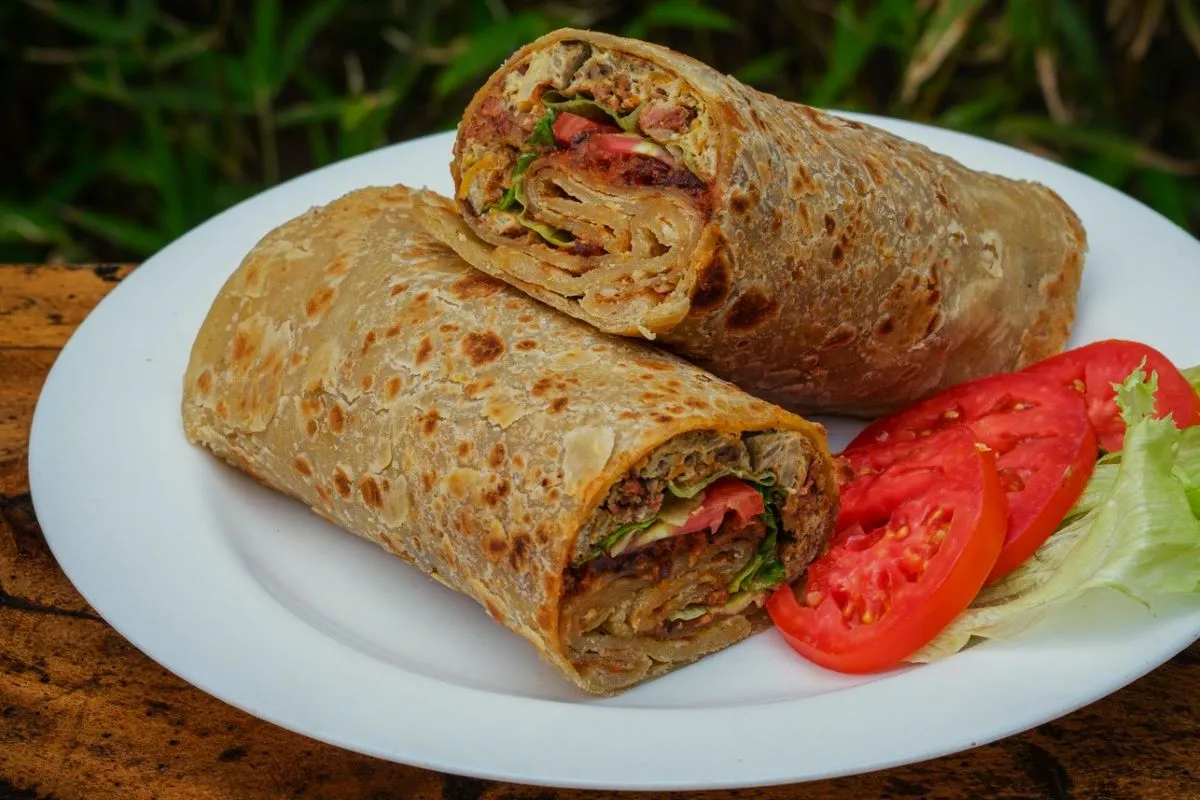
History and Culture in Uganda
In 1894, the United Kingdom ruled Uganda, implementing laws and regulations throughout the territory. Uganda eventually gained independence from the UK on October 9th, 1962. While the country has faced periods of unrest in its history, today it is a peaceful, safe, and beautiful place. Uganda gets its name from the Buganda Kingdom, which covers a large portion of the southern and central parts of the country, including the capital, Kampala. This kingdom boasts a rich and colorful history spanning over 700 years, during which time the succession of kings has never been broken.
In addition to Buganda, four other traditional Bantu kingdoms continue to thrive in Uganda, maintaining a degree of cultural independence. These are Busoga, Toro, Bunyoro, and Rwenzururu. Beyond these five kingdoms, around 56 tribes with different cultures call Uganda home, making it a cultural melting pot of various indigenous people.
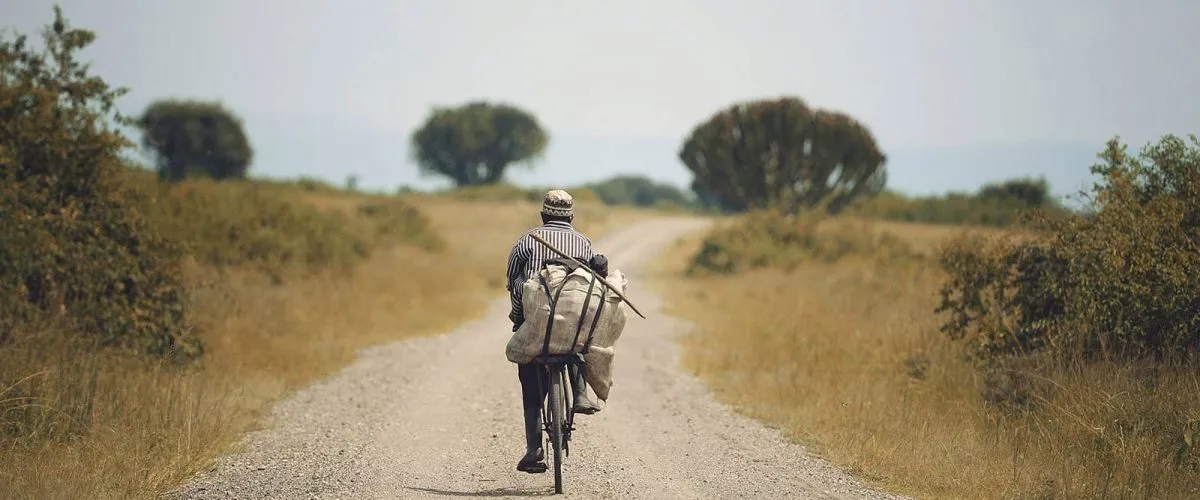
Five fun facts about culture in Uganda
- While the word “Rolex” might make you think of luxury watches, in Uganda, it’s a delicious street food! A Rolex is a wrap made with eggs, vegetables, and chapatti, and it’s a favorite snack for many Ugandans.
- Uganda’s idea of a crunchy snack might also surprise you – it is pan-fried grasshoppers! Known locally as “nsenene,” these little insects are harvested during the rainy season, fried with garlic and spices, and served as a protein-rich treat. If you’re ever offered Nsenene during your safari in Uganda, don’t miss the chance to give them a try – they’re a local delicacy!
- Over 30 indigenous languages spoken in Uganda. While English and Swahili are official languages, many Ugandans speak Luganda. You can try saying ‘Webale Nyo!’ (Luganda), or ‘Asante Sana!’ (Swahili) – both expressions mean “thank you very much!”
- Bethel Church in Nebbi Town, Uganda, holds the title of one of the world’s smallest churches. Standing just 2.3 meters wide and 2.4 meters tall, this tiny church could easily fit in your living room—but it still offers big spiritual moments! It was built in 1996.
- In Uganda, no meal feels complete without matoke. Also known by various names like amatooke, ekitookye, ekitooke, ebitooke, and igitoki, this dish is made from plantain bananas and is a staple in Ugandan cuisine.
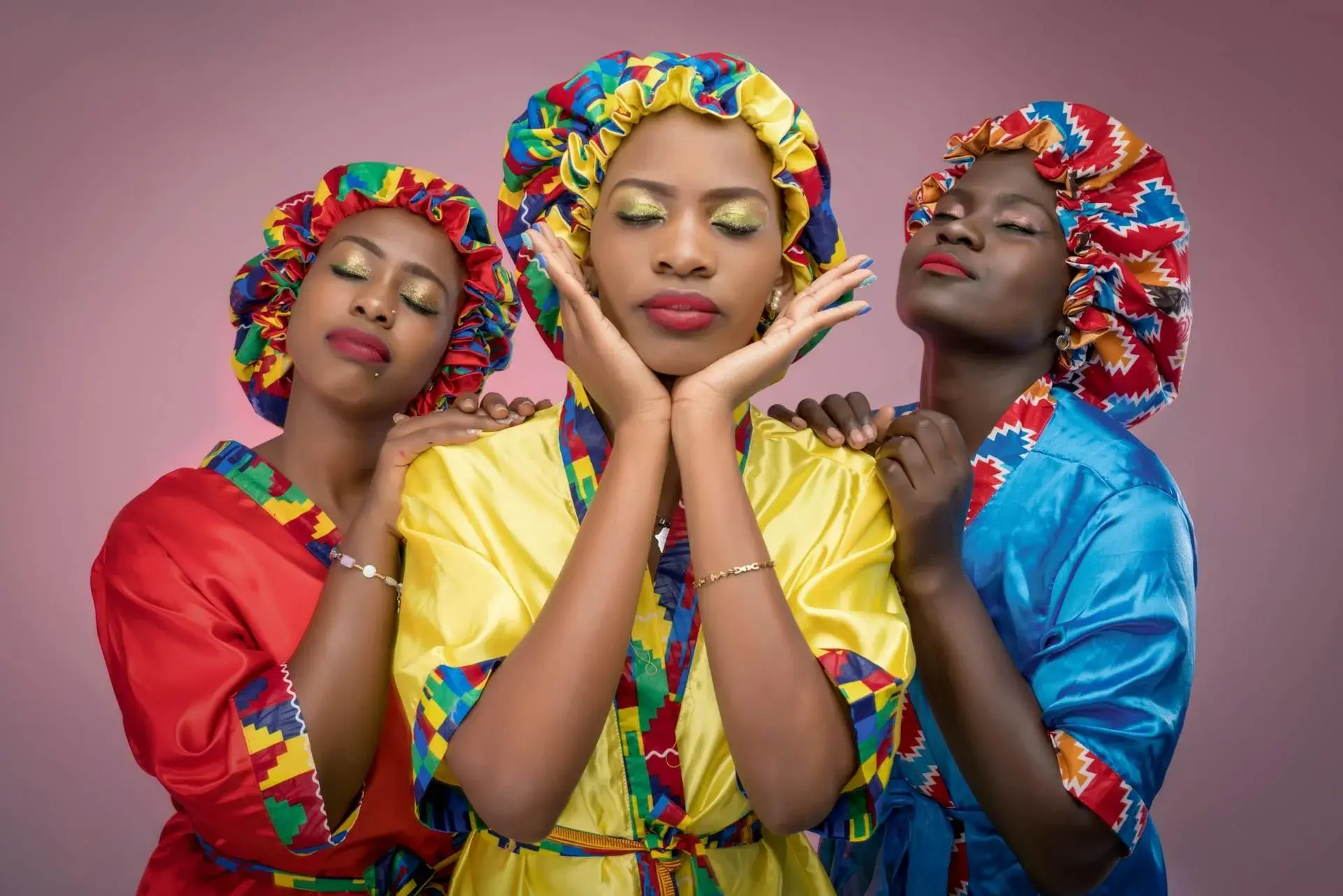
The people of Uganda: happy, friendly & welcoming
Many visitors to Uganda fall in love with the country because of the hospitality they receive. To match the Uganda custom and kindness, you need to start every conversation with lots of friendly pleasantries. Ask people “How are you?” and include other friendly questions before getting to the point. Once you do strike up a conversation, they’ll open up and crack jokes with you. Ugandans are joyful and expressive with their voices. Ugandans also love to hear about your family.
They want to know if you’re married, if you have children, see pictures of your parents, and learn about your hometown. Don’t take this as an invasion of privacy —family holds a central place in Ugandan culture, and these questions are simply a way to connect with you. The people of Uganda are proud of their culture, and if you’re open to it, they’ll happily share all the secrets with you.

Experience culture in Uganda
Experiencing the culture in Uganda is more about interacting with individuals and learning about their opinions than seeing something specific. That’s also why we’re big fans of road trips over flying safaris—it opens the door to unexpected and authentic cultural encounters! The best way to truly understand culture of Uganda is to get off the beaten tourist track. Remember to buy a fake Rolex from the stand outside your hotel, try staying in homestays, or strike up a chat with a local boda guy. These experiences might feel low-key, but it is the most authentic way to understand the modern culture in Uganda. Having said that, there are plenty of organized ways to delve into the culture of Uganda and support responsible tourism. Check out our list below!
1. Batwa Cultural Trail
The Batwa pygmies, also known as the ‘Keepers of the Forest’ were removed from Bwindi Impenetrable Forest and Mgahinga National Parks when they were established to protect the gorillas. One of Africa’s oldest surviving indigenous tribes; they have a truly unique relationship with the Uganda rainforest jungles. Hunter-gatherers by tradition and were utterly dependent on the forest to survive, they had no skills or means to adapt to modern life. They suffered terribly and fell prey to early exploitative tourism.
However, things are improving, and tourism now plays a crucial role in preserving their culture and way of life. Organizations like the Batwa Development Program have created respectful tourism experiences, allowing the Batwa to introduce visitors to the forest as their guests. These excursions generate direct income for the guides but also build awareness and generate further income for the education and general assistance of the wider community.
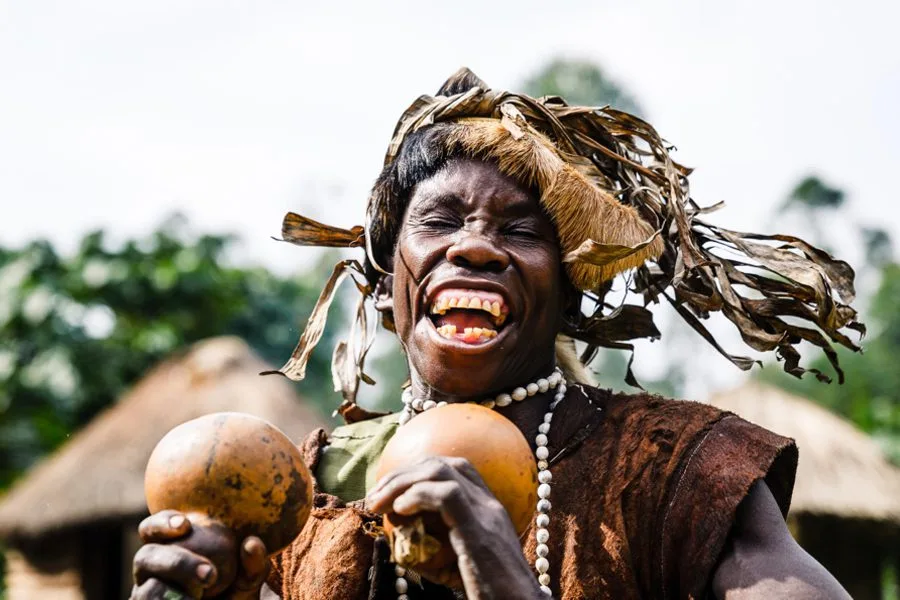
2. Boda Boda Tours, Kampala
Want to see all of tourist attractions in Kampala as a local? Join a motorcycle tour and hit up all of Kampala’s main attractions. These motorcycle taxis are the fastest way to zip around the city and see it all—bustling markets, vibrant streets, and hidden gems. With a local guide at the helm, you’ll experience the city like never before.
3. Ndere Centre, Kampala
The Ndere Cultural Centre, which opened its doors in 2003, is home to one of Uganda’s top cultural dance groups, the Ndere Troupe. Their show is the perfect introduction to Uganda for new visitors, but honestly everyone should watch this brilliant show, more than once! The highly professional Ndere Troupe is a must-see celebration of Uganda and Africa — through traditional music and dance. The Ndere Centre is on Kampala’s Northern Bypass. They perform every Wednesday and Friday at 7 pm, and do a family show at 6 pm.
4. Karamoja Region
The Karamoja region is a hidden gem in the northeastern Uganda. The region is named after the Karamojong people, a tribe that is related to the Masai in Kenya and Tanzania. This vast and completely undiscovered area has stunning scenery for nature lovers, hikers and cyclists: the perfect destination for the true adventurer. If you walk through Moroto, you will learn about the Karamojong pastoral lifestyle and cattle herding traditions.
5. Kibale Cultural Tourism Centre - Bigodi
Kibale Forest National Park has an ancient rainforest that is home to over 1500 wild chimpanzees, 375 bird species and dozens of rare monkeys. The Tourism Centre in Bigodi Village near the park offers a variety of authentic experiences including:
- Swamp walks
- Banana beer preparation and tastings
- Coffee processing experiences
- Visits to tea plantation
- Encounters with traditional healers
These responsible tourism activities are all led by the local Kibale community, providing a genuine connection to the area.
6. Boomu Womens Group Homestay
Boomu Womens Group Homestay features a campsite and basic bandhas, with the option of ordering delicius, homegrown food. It is nestled in a lovely garden, just a short walk from the southern entrance to Uganda’s oldest and largest national park, Murchison Falls National Park. Boomu is managed by a women’s organization and all profits are directed back into the local community.

7. Sipi Falls - Coffee Tours
In the Sipi Falls region of Eastern Uganda, you’ll be captivated by the beautiful waterfalls, vibrant farms, villages, and scenic views of the Karamoja plains. The area is also known for its high-quality Arabica coffee, grown by small-scale farmers who work together in cooperatives. This collaboration allows them to sell their artisanal coffee beans internationally. Visitors can experience the entire coffee-making process, from picking the beans to drying, grinding them with a traditional wooden mortar, and finally brewing and enjoying the coffee—all at a local farm, where farmers also earn a little extra income.
More Articles
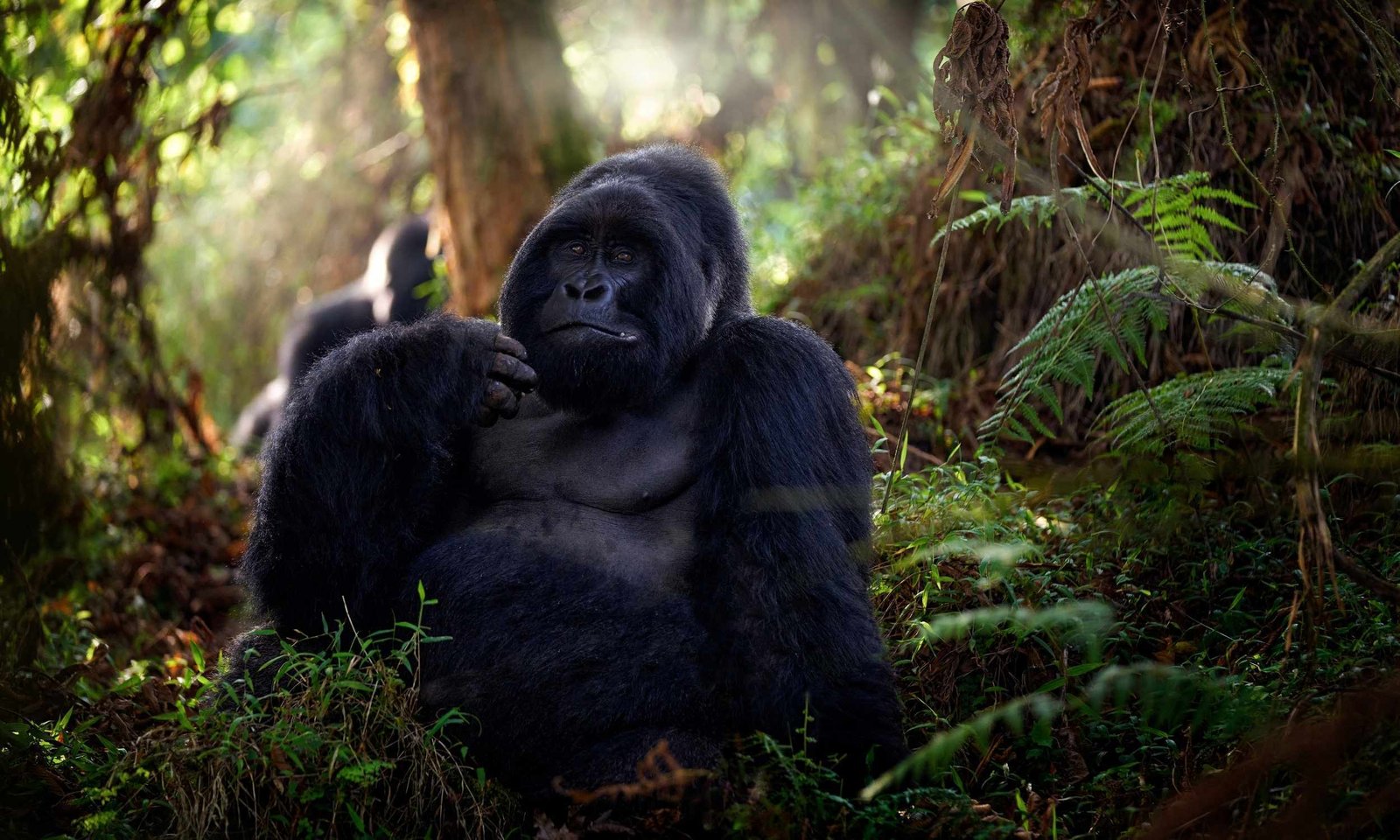
Talk To a friendly team
Africa Safaris
Safaris By Type
Top Safari Parks
Help & Info
- About us
- Travel Blog
- Travel FAQS
- Gorilla Permits Bookings
- Contact Us
- Pay Online
